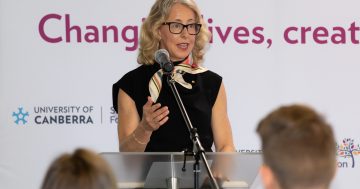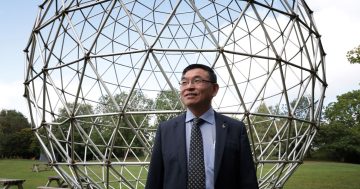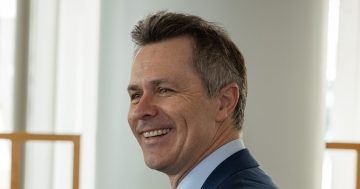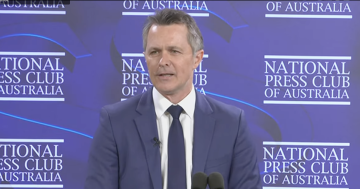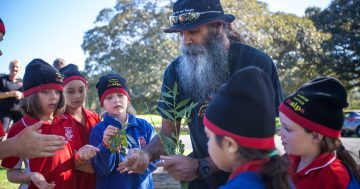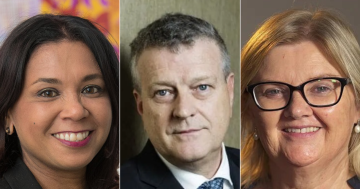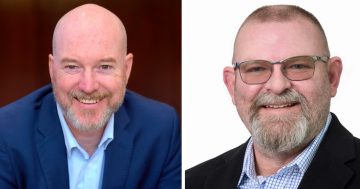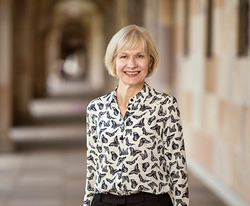 The University of Queensland (UQ) has pledged to tackle educational disadvantage in the State, removing barriers to help talented students from rural, remote and low socio-economic backgrounds access university by 2032.
The University of Queensland (UQ) has pledged to tackle educational disadvantage in the State, removing barriers to help talented students from rural, remote and low socio-economic backgrounds access university by 2032.
The university’s Queensland Commitment was officially launched at the opening of its new presence in the Brisbane central business district, UQ Brisbane City, in the heritage-listed former National Bank.
Vice-Chancellor of UQ, Deborah Terry said access to university education should not be determined by where someone lived, or their background.
“Education and opportunity must be available for all Queenslanders and by 2032 we have committed to break down personal, financial and geographical barriers facing students aspiring to study at UQ,” Professor Terry (pictured) said.
“The Queensland Commitment reaffirms the founding principles of the university, and underpins our commitment to work collaboratively with the community to deliver generational change across the State.”
At the core of the pledge is a focus on growing endowed philanthropic funding by 2032, doubling current levels in partnership with donors to provide sustainable, needs-based scholarships for generations of future scholars.
“Increasing access to scholarships will allow students to focus on their studies and ultimately enter the workforce, which will, in turn, help build a more prosperous State and economy,” Professor Terry said.
“UQ aims to reach a target of 30 per cent of eligible domestic undergraduate students coming from regional, remote or low socio-economic backgrounds within 10 years, including efforts to close the gap for Aboriginal and Torres Strait Islander students.”
Professor Terry said UQ Brisbane City would be the CBD ‘front door’ to the university for students, alumni, business, industry, Government and researchers to network and collaborate.
The building, at 308 Queen Street, was constructed between 1881 and 1885 and opened as the head office of the former Queensland National Bank.
“We have restored this important Queensland building in a way that preserves its history while creating an innovative and collaborative space that strengthens our connection to the city,” Professor Terry said.


